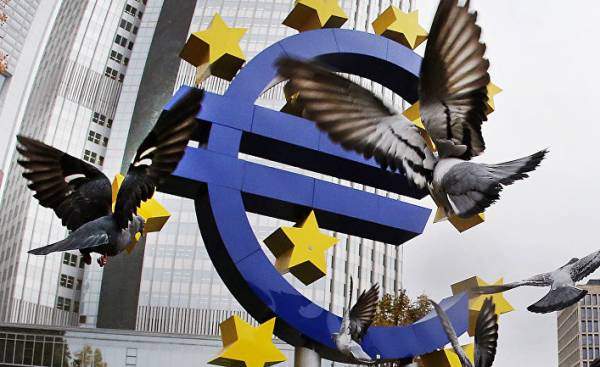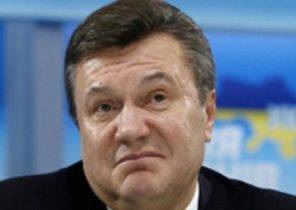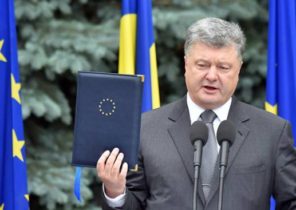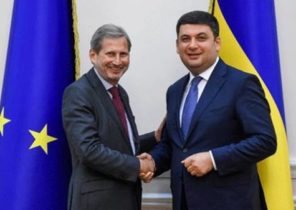
This happens in a timely manner in the holiday season. A small gift at least for all those who spend their holidays outside the Eurozone. For the Euro in recent weeks has increased significantly. Against the greenback, the Euro hit on Tuesday its highest level since the beginning of 2015, nearly of 1.17, which is ten cents more than in April.
But it is also very suitable for one anniversary. Because exactly five years ago, on 26 July 2012, ECB President Mario Draghi (Mario Draghi) said before the London bankers that he will do “everything necessary” (“whatever it takes”) to save the Euro. Then it immediately worked.
However, this is still a big question whether or not Draghi’s recent appreciation of the Euro appropriate gift for the anniversary. Because in the medium term it will affect economic growth in Germany and Europe and put the ECB in a difficult position. In the end, the European Central Bank could react this way to further delay the normalization of capital income and thus to keep longer interest the stagnation in savings accounts.
The reason for this development in the foreign exchange market is quite favorable. “The recovery of the Euro is the result of economic and political stabilization in the Eurozone,” says Alwin Schenk (Alwin Schenk), investment Manager at Sal. Oppenheim. For the Euro crisis seems to have passed into history, and the economy in Europe is gaining momentum again.
Again, the IMF says strong growth in Europe
The last sign that was re-grown index that was released Tuesday. It measures the mood of the German economy, although most observers came from the fact that it is darkened, but still reached a new record level.
But other regions of the Euro zone tightened. Economists at the International monetary Fund (IMF) on Monday raised its forecast of growth for different countries of the Eurozone, especially for such heavyweights as France, Germany, Italy and Spain. And they even see a chance of further improvement.
This success story occurs simultaneously with the destabilization of the US and the UK, deemed Alvin Schenk. Failed reform in the United States and the upcoming Brakcet put pressure on economic development. Therefore, for both countries, the IMF experts have lowered the forecast of growth.
The difference in interest between the US and Germany reduced
The result of this economic development was the convergence of interest rates in the capital market on both sides of the Atlantic, compared to the difference in income over a ten-year German government loans on the one hand, and the related securities, States, on the other hand. In December this difference reached the highest level since the reunification of Germany and accounted for more than 2.3 percentage points.
Meanwhile, this difference is still reduced to 1.75 percentage points, which is the strongest spur the Euro. How this difference over the past months has decreased, so increased the Euro. For primarily large investors prefer to give their money where they will get more interest. The greater the difference in the percentage, the stronger the trend the smaller, the smaller the pressure.
However, over the past weeks it was possible to observe another parallel development: the stronger the Euro, the greater the pressure exerted on stock prices here in the country. Because investors are concerned that European companies suffer from a strong currency. First of all, export-oriented German firms are able to export less and thus get less profit. And this, again, will affect the entire economy.
Strong Euro depresses economic growth
Daniel Antonucci (Antonucci Daniele), economic analyst at Morgan Stanley, believes that the continued growth of the Euro by ten percent can reduce the growth rate next year by about 0.7 percentage points. And since he believes that the Euro in the first quarter of next year will even beat the mark of 1.20, he predicts falling growth in the Eurozone next year by about 0.6 percentage points. For Germany this means a loss of about one third of the total growth.
But is $ 1.20 per Euro real? In any case, most of the predictors in the foreign exchange market studying these indicators. Their opinions differ, perhaps, in the question of when it will happen. For example, Dzhakis kit (Kit Juckes) from Société Générale considers it quite possible that before the next meeting of the leadership of the ECB in September, this will decrease. And it will be then certain consequences.
For such a rapid strengthening of the Euro do not in the interests of the European bankers. In the end, it threatens the economic take-off, which in past years has been achieved with such difficulty, not least because of the policy of zero percent.
The ECB could delay a “Tapering”
In fact, the policy should be mitigated shortly. So, the ECB President Mario Draghi hinted that soon will gradually decrease the volume of purchases of bonds by the Central Bank — in professional jargon, a dose reduction is called “Tapering”. However, this again depends on the take-off of the Euro.
“If the ECB will postpone its stated “reducing the dose” in October or even later, and the issuing Bank of the USA at the same time will start to reduce the balance, the rise of the Euro for a short time may be interrupted,” says in this regard, Richard Turnill (Richard Turnill), the analyst of strategy of investment firm Blackrock (USA). “It is not excluded that the ECB is quite purposefully keeping this in mind.”
However, for investors it still means that the turn in interest rate policy, which was lit on the far horizon, once again lost in the total darkness of the night zero percent. Therefore, the fact that the Germans might save the rest, they will again lose their savings accounts.







